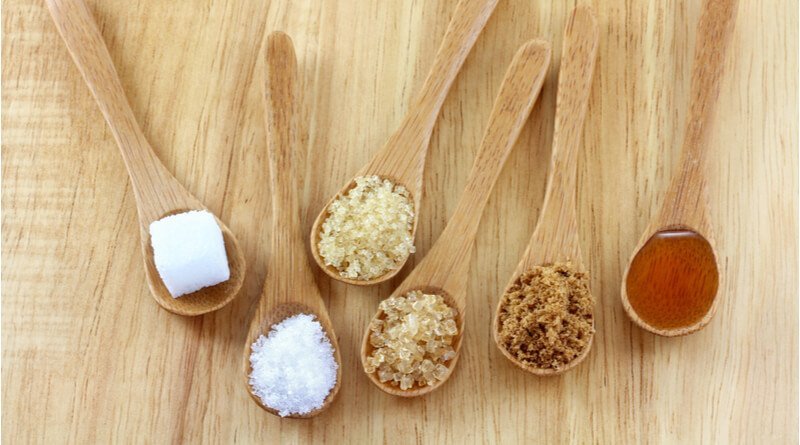It is widely acknowledged that sugar, especially refined sugar or white sugar, is one of the most detrimental substances for the body. It is strongly linked to various lifestyle diseases such as obesity, diabetes, and cardiovascular conditions.When individuals aim to lose weight, one of the initial changes they often make is to eliminate sugar from their diet and opt for non-sugar sweeteners or sugar substitutes like stevia to manage their body weight. However, the World Health Organization (WHO), in its latest health guideline, has stated that these sugar substitutes do not aid in weight loss.
In fact, the WHO has recommended against the use of non-sugar sweeteners (NSS) for controlling body weight or reducing the risk of noncommunicable diseases (NCDs). This recommendation is based on a systematic review of available evidence, which indicates that the use of NSS does not provide any long-term benefits in terms of reducing body fat in adults and children. Common examples of NSS include acesulfame K, aspartame, advantame, cyclamates, neotame, saccharin, sucralose, stevia, and stevia derivatives.
Furthermore, the review suggests that there may be potential adverse long-term effects associated with the use of NSS, including an increased risk of type 2 diabetes, cardiovascular disease, and mortality in adults.
This recommendation applies to everyone, except for those with pre-existing diabetes, and covers all synthetic, naturally occurring, or modified non-nutritive sweeteners that are not classified as sugars found in processed foods and beverages or sold separately for consumer use. Francesco Branca, WHO Director for Nutrition and Food Safety, emphasized the importance of considering other ways to reduce intake of free sugars, such as consuming foods with naturally occurring sugars like fruits or unsweetened food and beverages.
Non-sugar sweeteners are not essential components of a healthy diet and provide no nutritional value, added Francesco Branca. He also emphasized the need for individuals to reduce the overall sweetness in their diets from an early age to improve their health.
It’s important to note that these guidelines by the WHO do not apply to personal care and hygiene products containing non-sugar sweeteners, such as toothpaste, skin creams, and medications, nor to low-calorie sugars and sugar alcohols (polyols), which contain calories and are not classified as non-sugar sweeteners.


